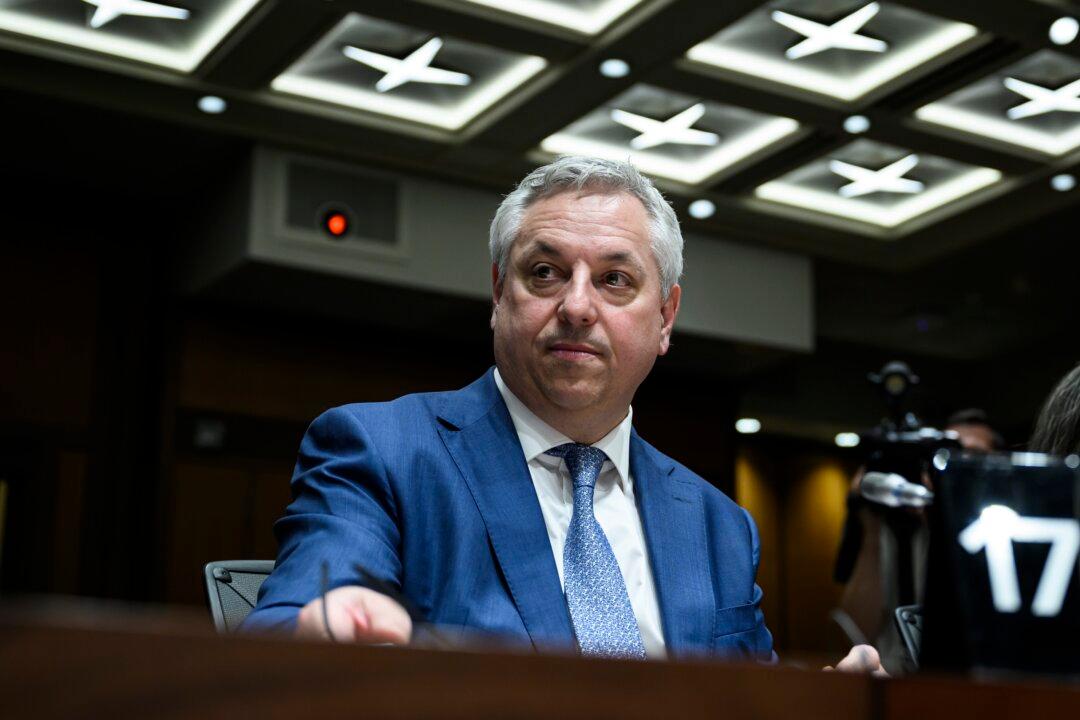During a rare public forum with fellow Five Eyes intelligence chiefs, Canadian Security Intelligence Service (CSIS) Director David Vigneault discussed China’s threats to innovation, intellectual property, and foreign academic institutions.
Addressing an audience at the Hoover Institution at Stanford University on Oct. 17, leaders of the five-nation intelligence alliance highlighted the exceptional challenges posed by the Chinese Communist Party (CCP) in terms of innovation and technology theft.





